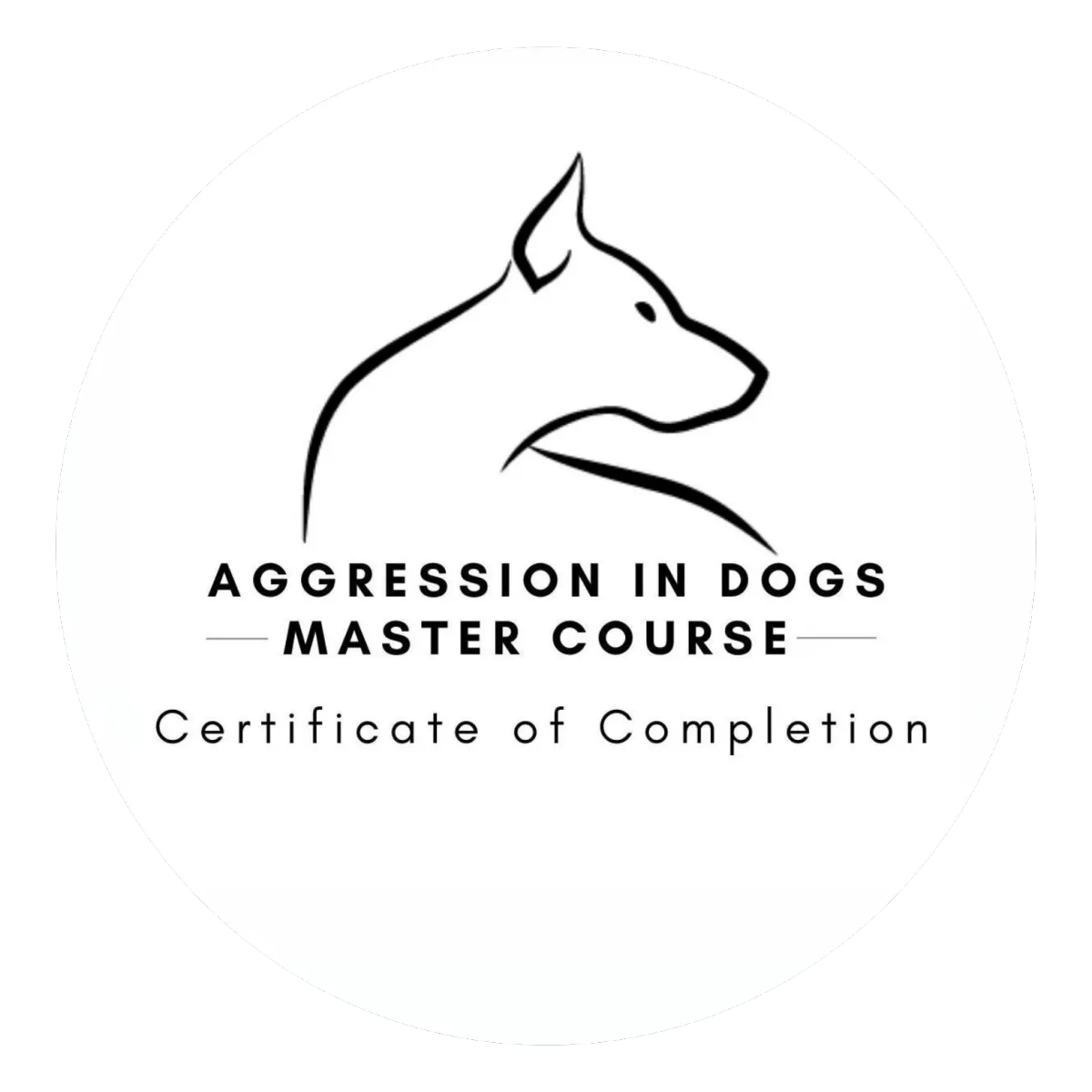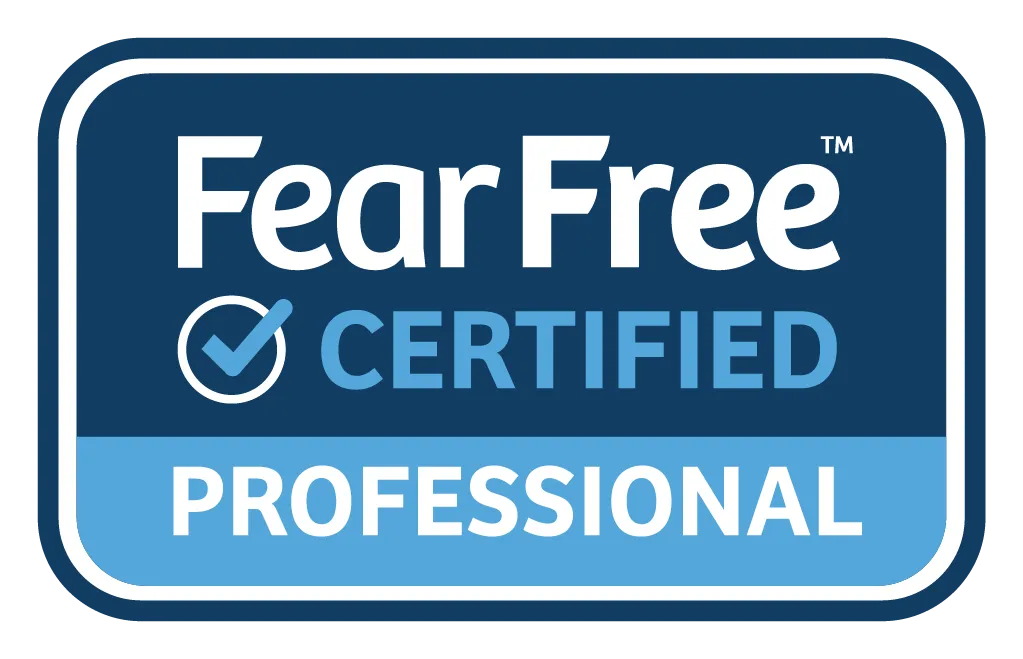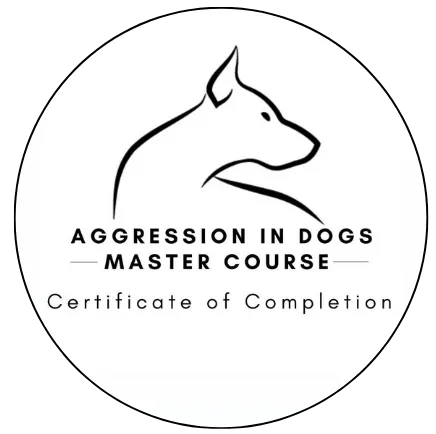Meet Your Trainer
MY STORY
"My journey into the world of dog training isn't just a career choice; it's a calling that stems from a deep and abiding love for animals and their people."
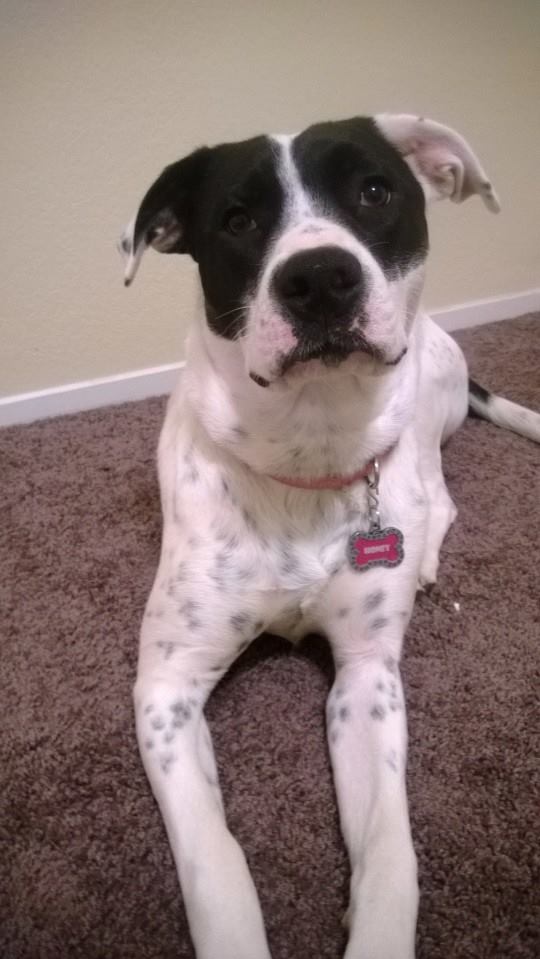
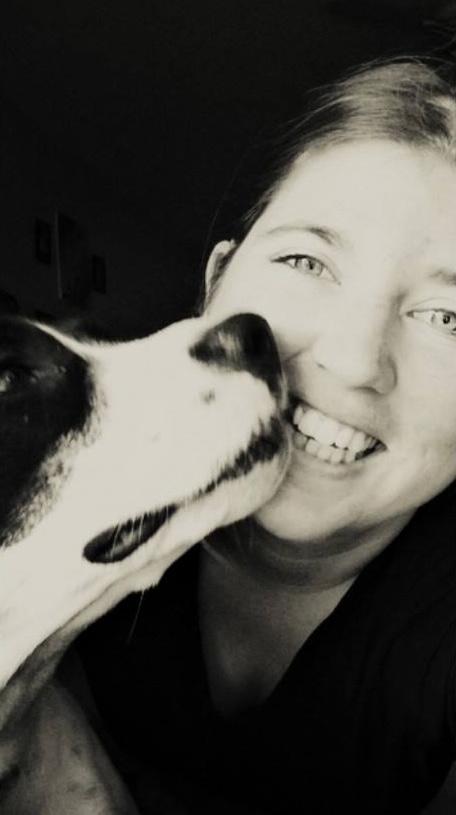
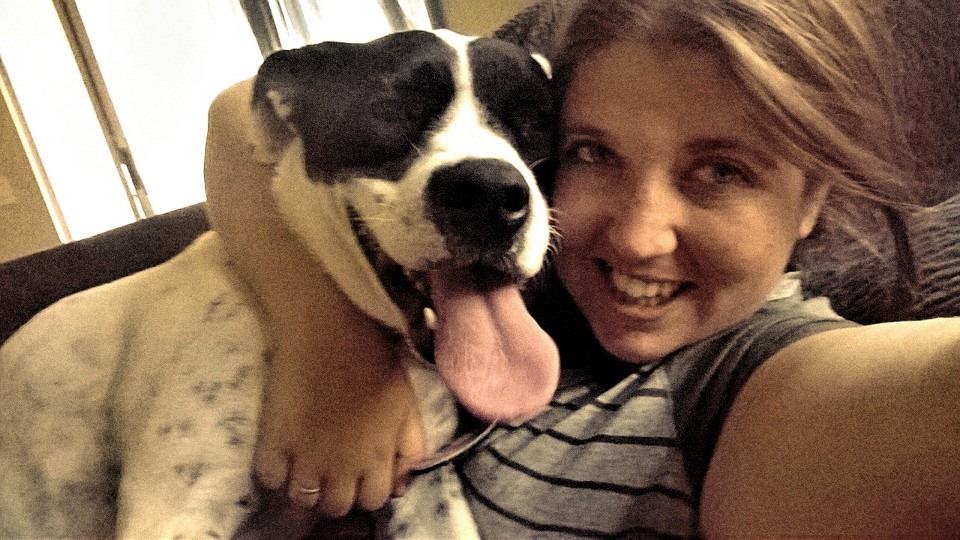
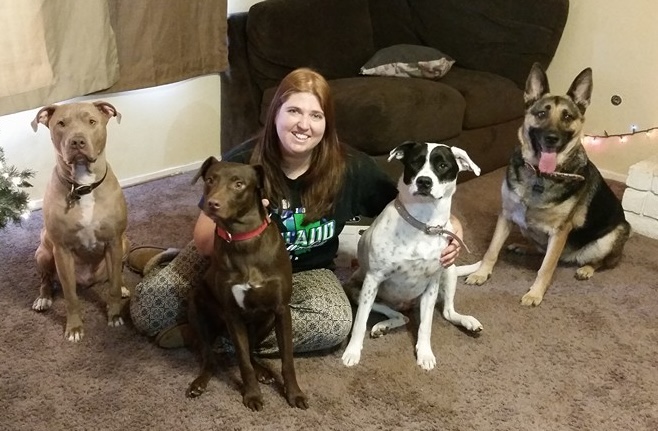
MY STORY
I didn’t start my career in dog training — I started it in a K–12 classroom. For 12 years, I was a teacher inside a system built on compliance: sit still, follow the rules, don’t question authority. Kids were expected to obey. It looked effective, but it never felt right — because I could see how much it shut our students down.
Then everything changed when I brought home a dog with big feelings, big behaviors, and even bigger needs. Her name was Honey — a 2-year-old Border Collie/Dalmatian mix who challenged everything I thought I knew about behavior.
I followed every rule the professionals told me to follow: prong collars, e-collars, group classes, “be the alpha”, "be the leader", every quick fix and conflicting opinion. Nothing helped. I saw the same pattern I had seen in the classroom: obedience over understanding, compliance over connection. Things got worse. Honey began aggressing toward the other dogs in my home and even bit a child. I was breaking up dog fights every single month.
When a dog trainer told me Honey couldn’t be helped — that behavioral euthanasia was the “kindest option” — I trusted them. I was exhausted, scared, financially tapped, and desperate for answers. I didn’t know then what I know now, and I made a decision I will always wish I could undo.
Honey deserved better information. And so do you. So do your dogs.
Losing her changed everything. I left the education system and rebuilt my career from the ground up. I pursued advanced education, earned multiple certifications in the dog training field, and now specialize in canine behavior and emotional wellbeing. I’m committed to positive reinforcement, relationship-centered dog training — the kind rooted in emotional intelligence, not blind obedience.
Today, I help dogs who feel scared, overwhelmed, overaroused, anxious, reactive, or misunderstood. And I help the humans who love them — the ones who feel embarrassed on walks, worried about the future, or drowning in conflicting advice. If you’re here, you’re already doing your best. You just need someone who sees your dog the way you do — and knows how to help.
Honey taught me what happens when guardians don’t get access to the right information. Your dog deserves better. You deserve better. And that’s why I do this work.
Real People. Real Results.
Chaotic puppy
First time pet parents
Reactivity Resolved
Puppy Planner Success!
Demand Barker
Leah Bornstein
My Training & Credentials:
Certified Dog Trainer - Victoria Stilwell Academy
Certified Dog Trainer - Victoria Stilwell Academy (VSA-CDT)
Fear-Free Certified Animal Trainer, Daycare, and Boarding Professional (FFCP)
Aggression in Dogs Certificate
Certified Separation Anxiety Trainer (CSAT)
IAABC – Supporting Member


Love from customers!

My Training Approach
Common Misconceptions of Positive Training
Learn more about your dog's behaviors and how to address them. Become a member today and unlock our online course library (and other exclusive perks!)

MYTH #1:
Positive training doesn't work for all dogs & doesn't fix behavior.
Positive reinforcement is a versatile science-based approach that can truly transform the behavior of any dog, regardless of breed, age, temperament, or background. Dogs with behavior issues, such as fear, anxiety, or aggression, can especially benefit from positive techniques. By focusing on rewarding desired behaviors and encouraging skill-building, we build confidence and trust in your dog, helping them learn and thrive.

MYTH #2:
Positive training means you can't correct your dog's behavior.
The more important question to ask is HOW do we teach our dog what we want? Positive training is about encouraging and rewarding behaviors we want to see more of in our dogs. However, this doesn't mean that we never address unwanted behaviors. Instead, we use redirection techniques to guide our dogs towards more appropriate behaviors rather than resorting to punishment. Positive reinforcement emphasizes the use of methods that build trust and confidence between you and your dog. It's not just about the end result but about the process of getting there.

MYTH #3:
Positive methods are slow & ineffective compared to punishment-based training.
While punishment-based methods appear to work quickly, they often come with significant drawbacks. Techniques like yelling, physical corrections, & shock collars will temporarily suppress your dog's behavior but may also lead to fear, anxiety, and even aggression. These methods fail to address the underlying cause of behavior. Positive training uses techniques that meet your dog's needs. This approach rewards desired behaviors, encouraging your dog to repeat them. Although it may take longer initially, this creates lasting change without the negative effects of aversive methods.

MYTH #4:
Positive reinforcement training is permissive & lacks boundaries.
Positive reinforcement training is not about allowing dogs to do whatever they want. Instead, it's about proactively teaching them the behaviors you want to see by rewarding those behaviors. This approach includes setting clear rules and boundaries to prevent unwanted behaviors and using management techniques to set your dog up for success, teaching your dog what is expected of them in a positive and constructive way.

MYTH #5:
You need to use treats forever if you stick with positive methods.
Treats are a powerful tool in rewards-based training because they provide an immediate and tangible reward for your dog's good behavior. This is highly effective in helping your dog learn new behaviors quickly. The ultimate goal is to teach your pup to enjoy performing the desired behaviors, rather than relying solely on food rewards. So once your dog has learned a behavior, you can gradually reduce the frequency of treats and replace them with other rewards such as praise, toys, or access to activities they enjoy.

MYTH #6:
Using treats or rewards for training is bribery.
With bribery, the reward is given before the behavior to coerce a response. With positive training, rewards are given after the behavior is performed to communicate with your dog that they made a good choice. Dogs do what works, and they are often very food-motivated. If performing a certain behavior works to gain access to a high-value reward like a treat, your dog will repeat that behavior again. As the behavior becomes more established, treats can be phased out or used less frequently. Using treats in training is like earning a paycheck for going to work; it's a reward for a job well done.
Contact Us:
In-Person Service Counties:
Essex, Morris, & Passaic counties
We are located in:
Parsippany-Troy Hills, NJ 07054
DISCLAIMER: Behavior modification is a collaborative process that depends on the consistent implementation of training techniques by the owner. While we specialize in fostering positive behavioral changes, no trainer can guarantee specific outcomes or "cure" a dog's behavior. As behavior is influenced by numerous factors, including environment and individual circumstances, the dog's behavior remains the responsibility of the owner.

© Copyright 2022. Born to Be Dog Training LLC.
All rights reserved.




